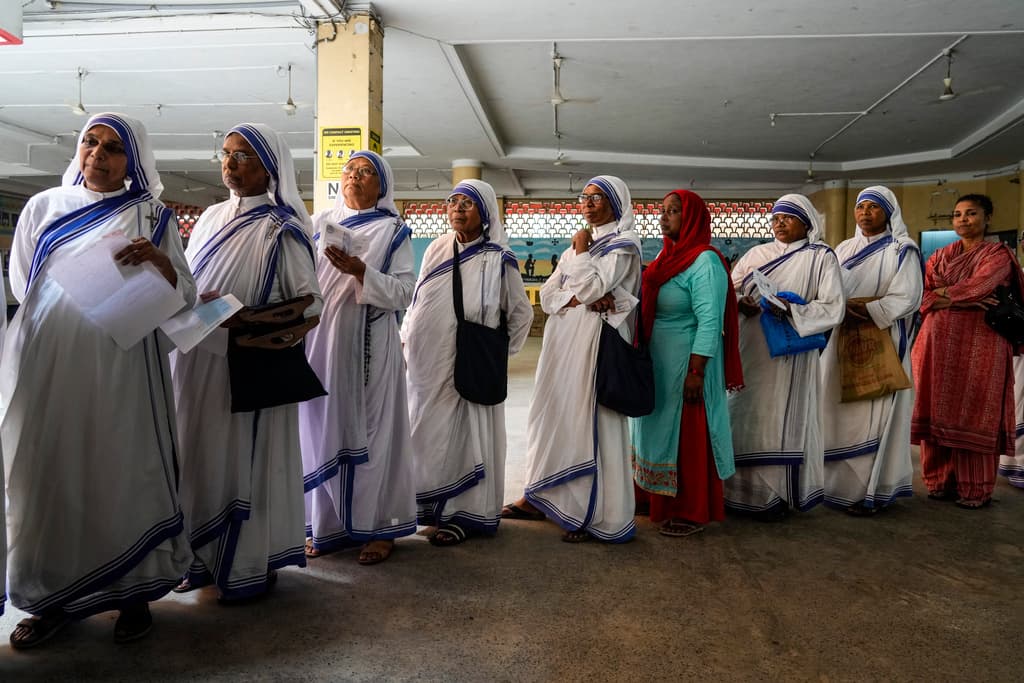Last but not least, the final results of India's multi-week election have been laid to rest. Who will win is already practically clear.
At least 20 election workers have lost their lives due to a heatwave that has been ongoing during the election process.
More than a tenth of the world's population – around 968 million people – have had the right to vote in India's six-week parliamentary election. Election workers have traveled on foot, by car, train, boat, helicopter, and even camel and elephant to ensure that people can participate in the election, even in remote areas.
Saturday's seventh and final voting round covered 57 constituencies in seven states and one union territory. The results will be announced on Tuesday, and Prime Minister Narendra Modi is expected to be re-elected for a third term.
According to local media's exit polls on Saturday evening, Modi's party, along with allied parties, is expected to win at least 355 seats in parliament – far exceeding the 272 seats needed for a majority.
Initially, Modi's election campaign focused primarily on promises of economic improvements. Later, he escalated his polarizing rhetoric targeting the country's Muslim minority.
Since Modi and his Hindu nationalist BJP came to power in 2014, he has been extremely popular. Supporters see him as a strong leader who has improved India's standing in the world.
At the same time, the situation for minority groups has deteriorated. Critics argue that India's democracy is faltering and that Modi is increasingly blurring the line between religion and state.
The Western world is relatively quiet about the development, partly due to economic reasons and the desire to have an ally that can counterbalance neighboring China.
In the holy city of Varanasi, which is also Modi's own constituency, Indians flocked to the polling stations on Saturday.
Voter turnout has decreased by several percentage points compared to the last national election in 2019. Experts believe this is due to Modi's expected victory and the consecutive heatwaves.
On Friday, authorities reported that at least 40 people had died due to the heat in various parts of India, according to the Press Trust of India. At least 25 of them were election workers in the states of Bihar and Uttar Pradesh.
Since the population has grown since 2019, this year's election in India is the largest in human history.
It is such a massive operation to organize the election that voting has been spread out over more than six weeks, from April 19 to June 1.
The election concerns the lower house of India's parliament, the Lok Sabha, which has 543 members.
The two previous elections were held in 2014 and 2019. Both times, Narendra Modi and his BJP won, leading the National Democratic Alliance (NDA) coalition.
The main opposition to power is an alliance led by the Indian National Developmental Inclusive Alliance, which is led by the Congress Party, which previously ruled the country for several decades.






